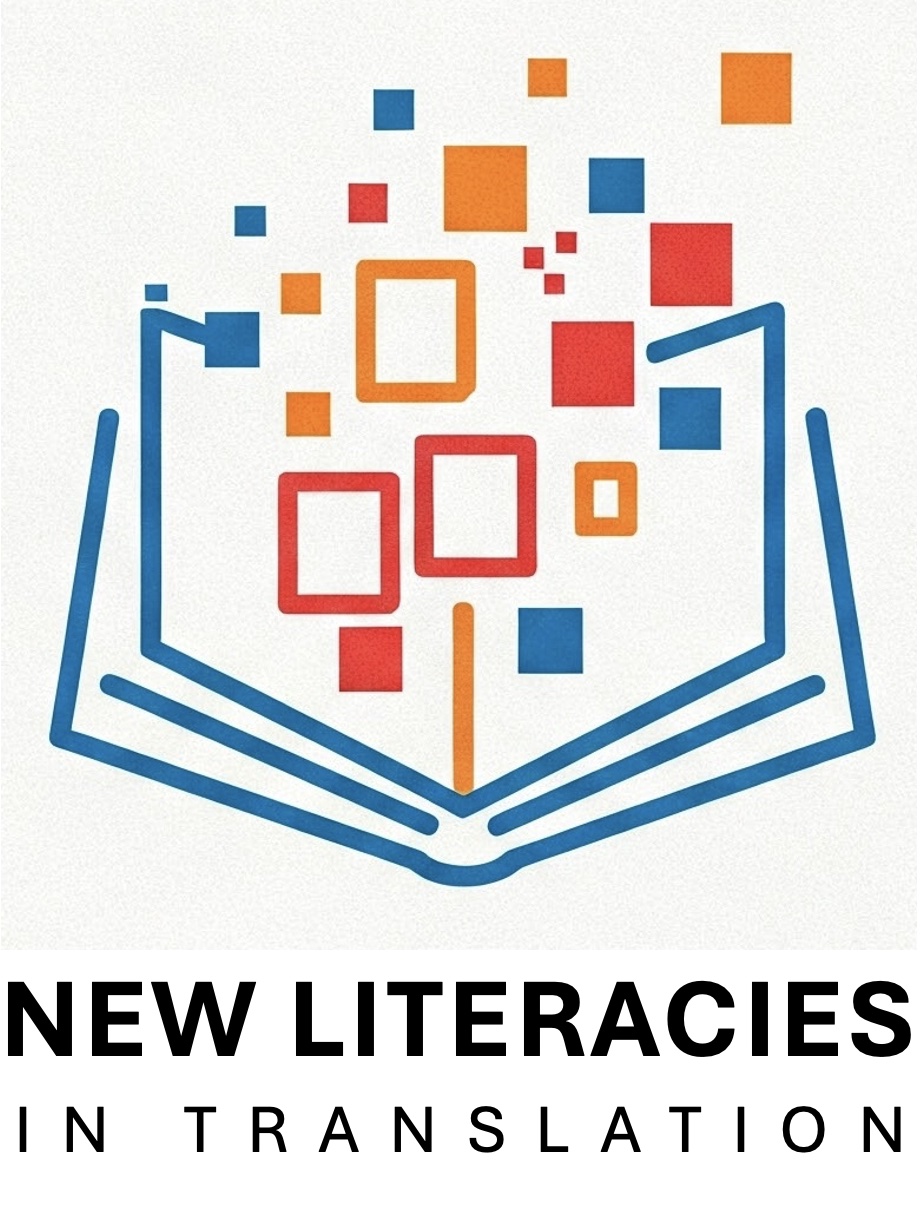International Conference
October 9 – 10, 2025 in Tarragona, Spain
Keynote Speakers
 |
PILAR SÁNCHEZ-GIJÓNFrom CAT to AI-Enhanced Workflows: Rethinking the Translator's Toolbox
Pilar Sánchez-Gijón is Professor in the Department of Translation and Interpreting and East Asian Studies at the Autonomous University of Barcelona (UAB). She holds a Ph.D. in Translation Theory from the UAB (2003) and a B.A. in Translation and Interpreting, specialising in German, from the UAB (1997). She has published extensively in leading journals and monographs on topics such as machine translation, post-editing, translation technologies, and applied terminology. Since 2015, she has also been editor-in-chief of Revista Tradumàtica on translation technologies. |
 |
JOSS MOORKENSMigrant workers' MT literacy: Field work with Myanmar workers in ThailandMigrant workers who do not speak the workplace language well often use machine translation (MT), among other components in their language mediation toolkit. This is the case with the group of workers from our interviews and focus groups as part of a recent Thai-Irish collaboration. In this talk, I detail the results of qualitative studies with two groups of Myanmar workers in Bangkok: service industry workers and hospital interpreters. The former group is quite reliant on MT, using it daily, sometimes in novel ways, yet do not value the technology. The latter group use it surreptitiously for fear of losing face during interpreting work, and have developed MT literacy through their interactions with MT in different configurations. Both groups have learned ways to make MT work for them, despite poor support from Google Translate, problems with Myanmar keyboards for smartphones, and a lack of support for their regional languages. They were also unaware of any issues with privacy and security before our discussions. Aside from considerations of MT literacy, our study shows how AI translation can seem to bridge the digital divide between language communities while also exacerbating it. Joss Moorkens is Associate Professor at the School of Applied Language and Intercultural Studies at Dublin City University, a Funded Investigator and Science Lead at the ADAPT Centre, and a member of DCU's Institute of Ethics and Centre for Translation and Textual Studies. He has authored or coauthored over 60 journal articles, book chapters, and conference papers on translation technology, human factors in translation technology and machine translation, translator precarity, and translation ethics. |
For any queries or suggestions, please contact congressos(ELIMINAR)@fundacio.urv.cat.
For general information, click here

Organising Committee:
Nune Ayvazyan, Universitat Rovira i Virgili (Conference Chair)
Lídia Gallego-Balsà, Universitat Rovira i Virgili
Inés Garcia, Universitat Rovira i Virgili
Anthony Pym, Universitat Rovira i Virgili
Maria Rosich Andreu, Universitat Rovira i Virgili
Conference organized within the framework of the research project Literacies and the Future of Occupations (PID2021-122575NB-I00) funded by the Spanish Ministry of Science and Innovation, 2022-26.



